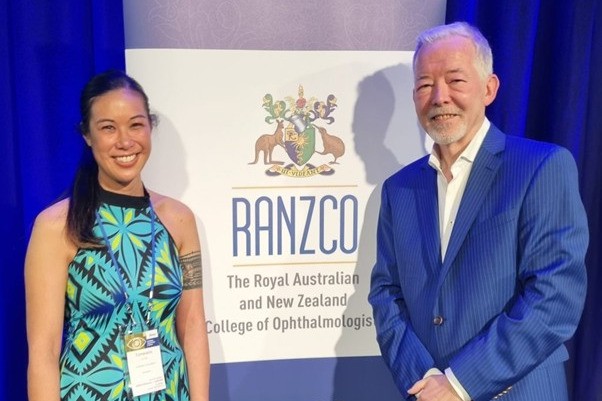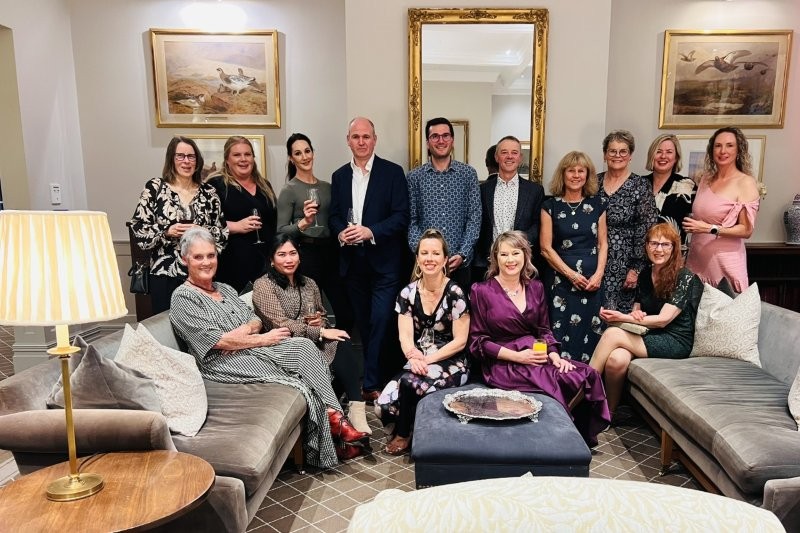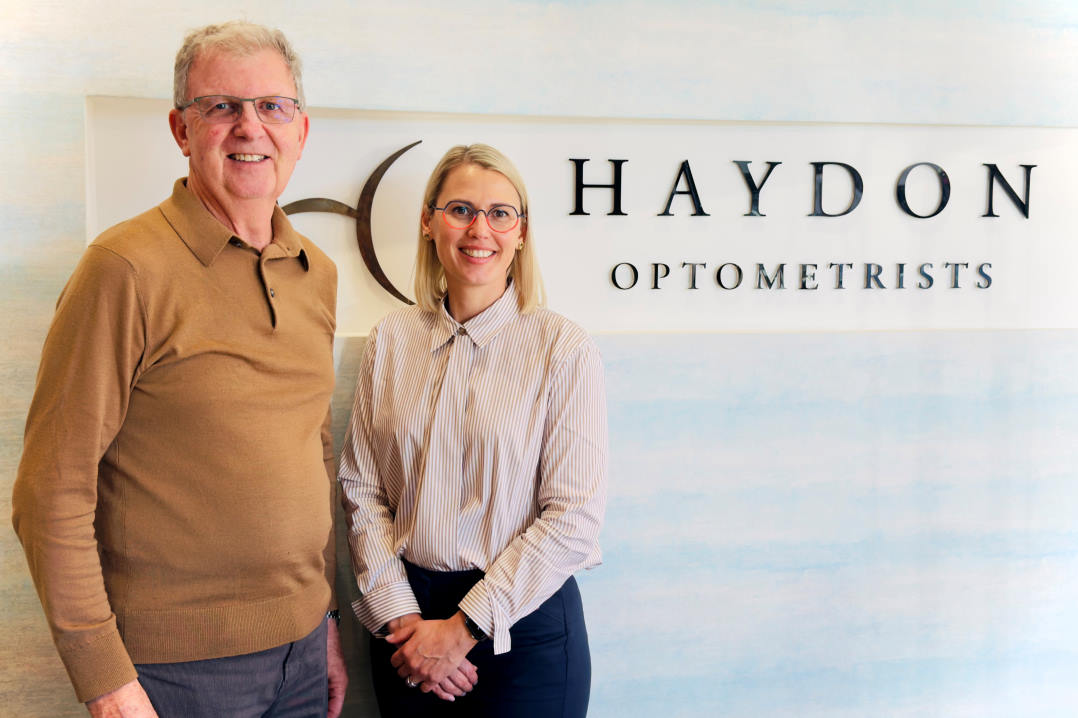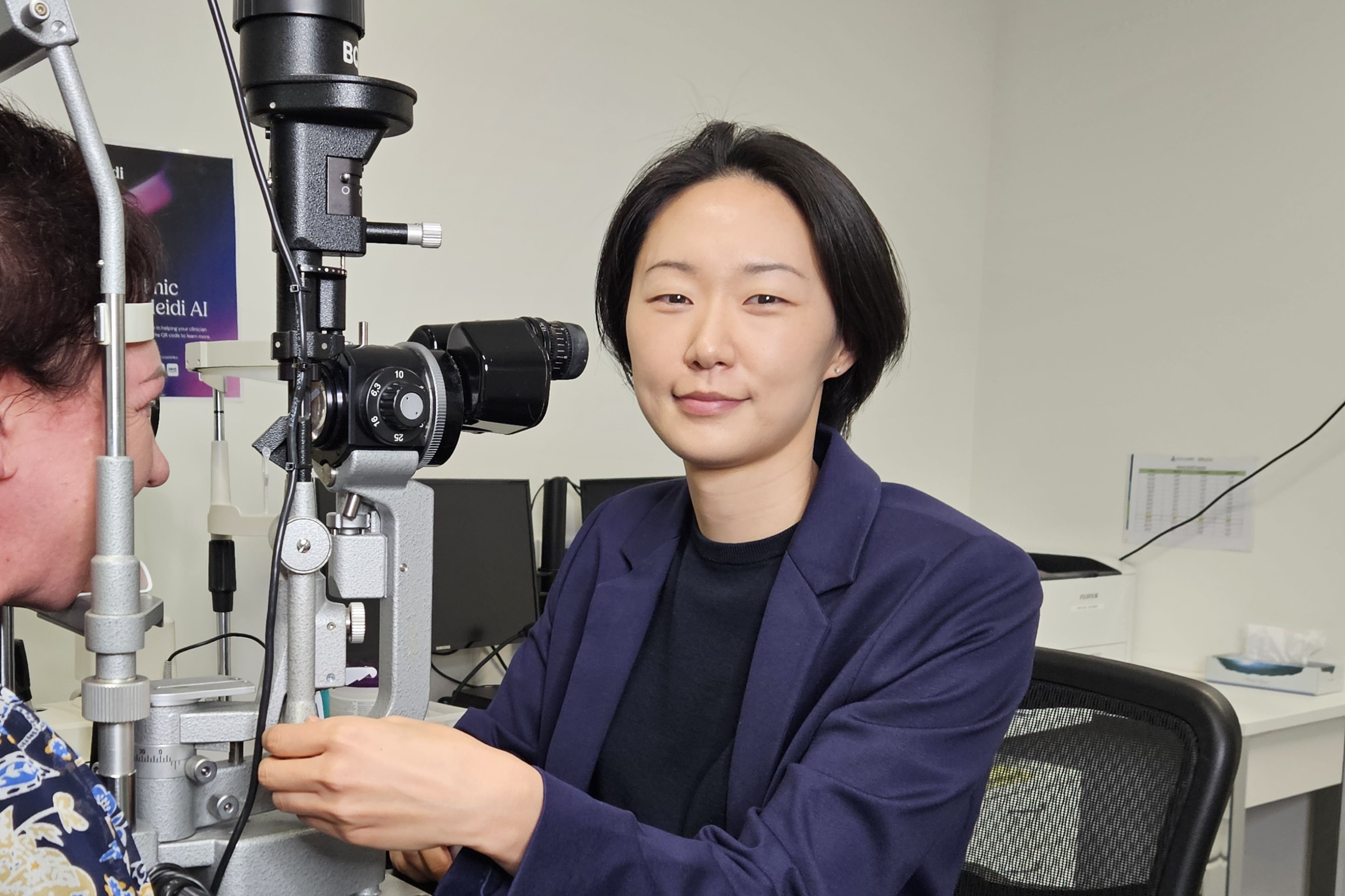Research grants target eye health equity
Five new projects funded by the Australian and New Zealand Eye Foundation (ANZEF, the philanthropic arm of RANZCO) will investigate eye-health inequities across New Zealand and the Pacific, focusing on screening, service access, treatment participation and clinical trial inclusion.
The University of Auckland’s Professor Charles McGhee, Associate Professor Jie Zhang, PhD student Esmeralda Lo Tam and Drs Micah Rapata and Akilesh Gokul received NZ$56,700 for their study, ‘Vision Screening for Pacific Peoples in Aotearoa New Zealand’. The study will screen 2,000 adults to determine the prevalence of age-related macular degeneration, diabetic retinopathy, glaucoma and cataract among Pasifika. Their mahi will examine barriers and supports affecting access to eyecare. The project will also fund a Pasifika PhD candidate and provide data to inform culturally appropriate strategies for improving access to vision services in Pacific communities, said ANZEF.
A second Auckland study, ‘Reducing treatment hesitancy in Māori and Pacific Peoples with keratoconus’, led by Drs Isabella Cheung, Akilesh Gokul, Mo Ziaei and Tiwini Hemi and Esmeralda Lo Tam, also received $56,700. The study will work with Māori and Pasifika patients and whānau to identify factors contributing to missed corneal crosslinking appointments. Surveys and clinical data will be used to determine key causes of hesitancy and guide the development of improved patient information and communication materials, translated into te reo Māori and Pacific languages.
‘Understanding non-attendance for Māori at ophthalmologist and related eye clinics’, led by Chrissie Cowan (CEO, Kāpō Māori Aotearoa) and Dr Rebekah Graham (executive officer, Parents of Vision Impaired NZ), received a grant of $11,340. Data from 13 public hospitals and three public-private partnership clinics will be analysed to establish the first baseline attendance rate for Māori aged 0–14 years. Findings will inform a participatory action research proposal and advisory group to identify and address attendance barriers, said ANZEF.
In Kiribati, Drs Erena Kumkei and Iris Wainiqolo, of The Fred Hollows Foundation NZ, will conduct the country’s first Rapid Assessment of Avoidable Blindness survey, bolstered by $45,400. Local clinicians will be trained to conduct screenings nationwide to identify the main causes of vision loss, the groups most affected, barriers to access and the quality of available services. Results will be used to inform national eye health planning and establish a baseline for future monitoring and evaluation.
In Australia, Dr Jeremy Tan, Conjoint Professor Ashish Agar, Professor Jonathan Crowston and Dr Katharina Bell at Prince of Wales Hospital received AU$49,976 to assess whether telemedicine and home-based visual-field testing could extend clinical trial participation in rural areas.























